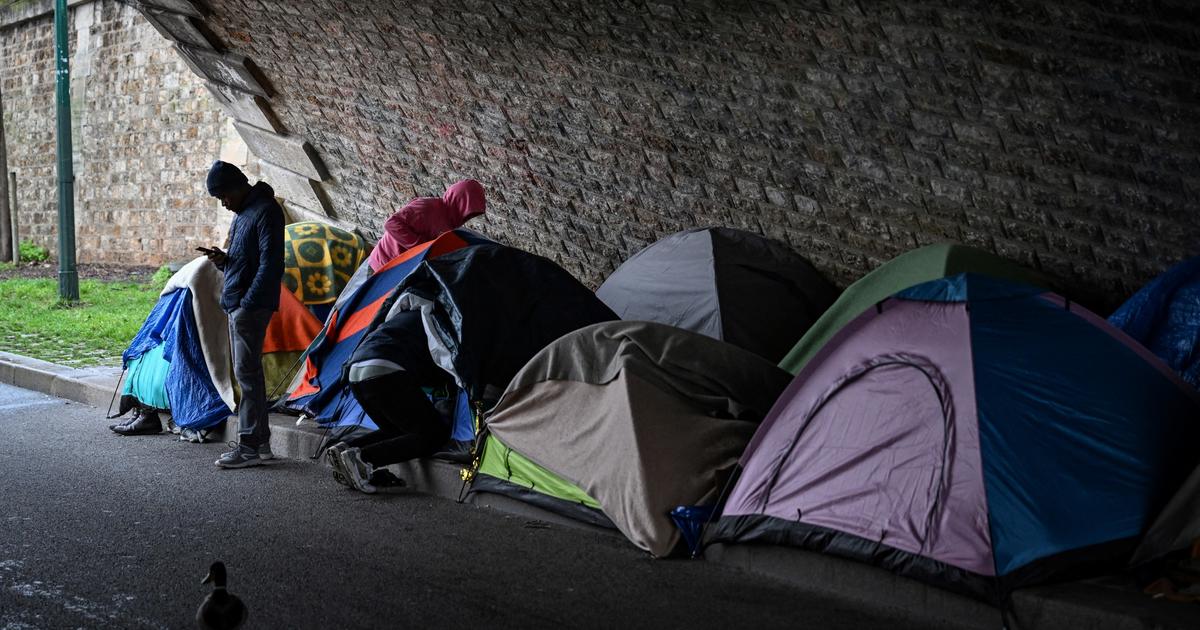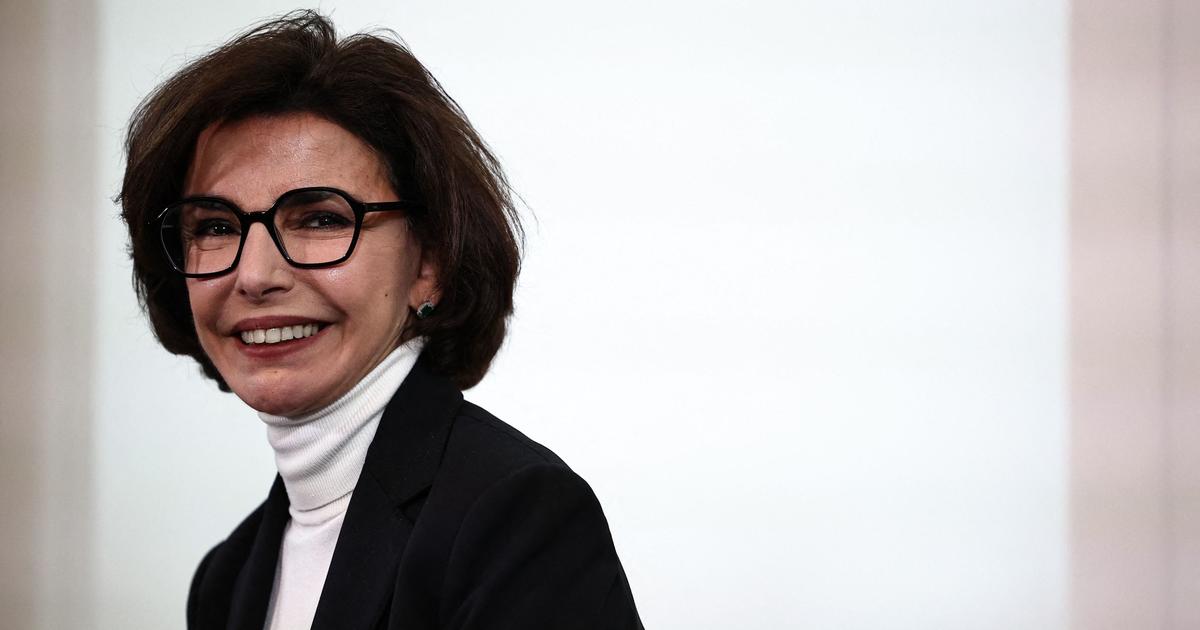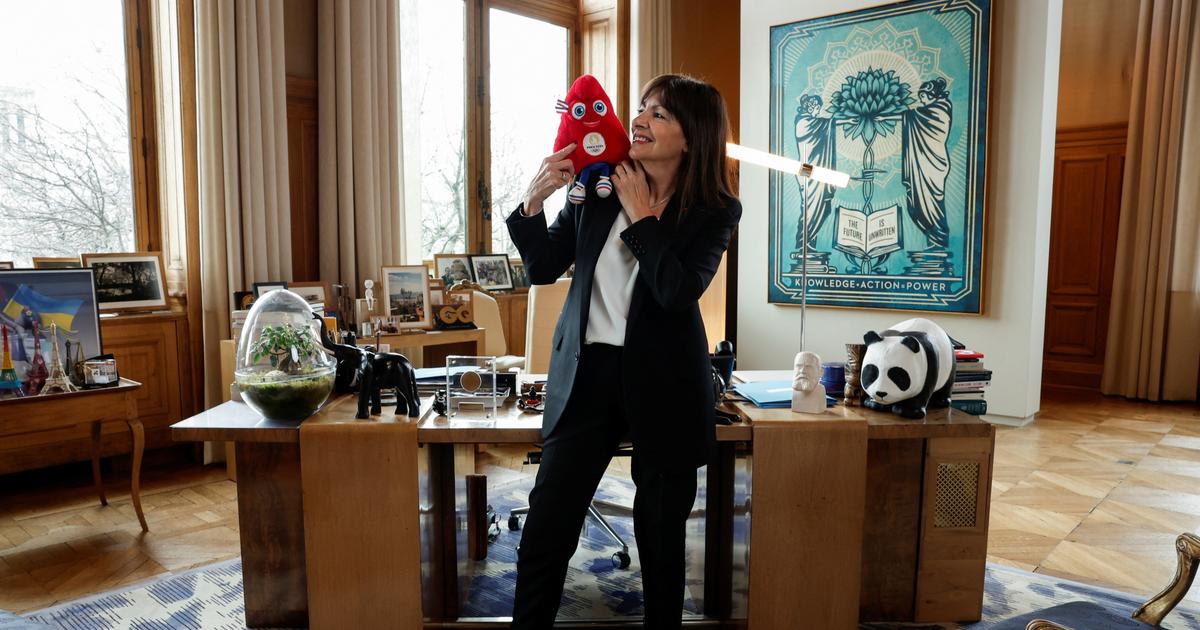Described but still also ordered and scrutinized, the polls are in the election what the crème fraîche is to the tarte tatin, tasty, but not really essential. A guilty pleasure, in short, to the taste of coming back. Suddenly, in recent days, two opinion surveys, Ifop and Odoxa, giving outgoing mayor Anne Hidalgo (PS) at the head of the first round in Paris, despite a disputed record, followed by Rachida Dati (DR), extensively commented. Benjamin Griveaux (LREM) is in third position there but David Belliard (EELV) and Cédric Villani (LREM dissident) follow him in the margin of error specified by the pollsters.
These two polls were based the first on a sample of 1,102 people, including 955 registered on the electoral lists, the second on 1,002 Parisians, 916 having the administrative faculty to vote. However, "a sample of 1,000 people is a joke," protests Richard Brousse, director of the Observatory of polls, fiercely anti-polls. "We are scientists, these samples pose a problem of representativeness, we do not measure Paris, with its voting system so particular, as we ask a global question", storm Richard Brousse.
An election in three stages
In Paris, it takes three ballots to appoint the mayor of the city. This year, residents will vote in their districts to elect 17 mayors, since the 1st, 2nd, 3rd and 4th have been grouped together in the Center district. Each city council includes a certain number of Paris councilors, and it is they who elect the person who will see his ambitions for Paris realized. The most populated and politically balanced boroughs are able to weigh heavily in the result. Anne Hidalgo was elected mayor in 2014 when she was beaten in the 15th arrondissement.
"Whatever the population, at least 17 surveys should be required," concedes Richard Brousse. False, says Frédéric Dabi, Deputy Director General of Ifop: "It's easier to survey Paris with a sample of a thousand people than most cities with 50,000 inhabitants," he defends. "Not only with the quota method, we manage to build a mini-Paris very representative of reality, but we also have a very good memory of previous votes." Interviewing respondents on their previous votes is a way for the institutes to give credibility to the answers. “Our polls, continues Frédéric Dabi, give a global balance of power. It is said that they do not prejudge what can happen in such or such district. Do the institutes rely, in order to balance, on rounding polls that certain candidates or parties order in secret? "We carried out some of them between October and December, by telephone, recognizes the pollster, but there is no question of using data from October to qualify the answers of January".
In fact, we will know in seven weeks whether the women's duel, Hidalgo c. Dati, is confirmed. "Three polls that give the same top three, that means it's reliable," said a politician who masters the mechanics of polling. "Dati at 19%, that means that the 8th, 16th and 17th centuries remain on the right, not to mention the 7th which it retains, and that Hidalgo remains strong in the left districts".
In districts like the 14th and 15th, or even the 9th and 10th, "we will see more clearly when all the head of the list are installed in the countryside," said this expert. But the art of polls, at this stage, is incapable of foreseeing one thing, according to him: what would give a possible Belliard-Villani, or Villani-Belliard alliance.















